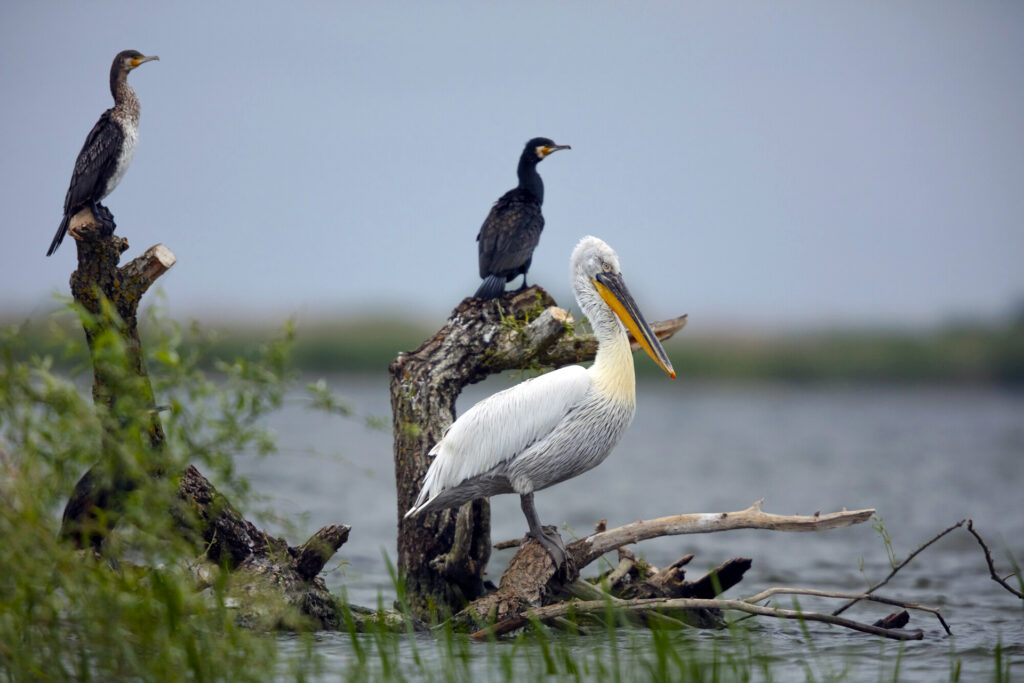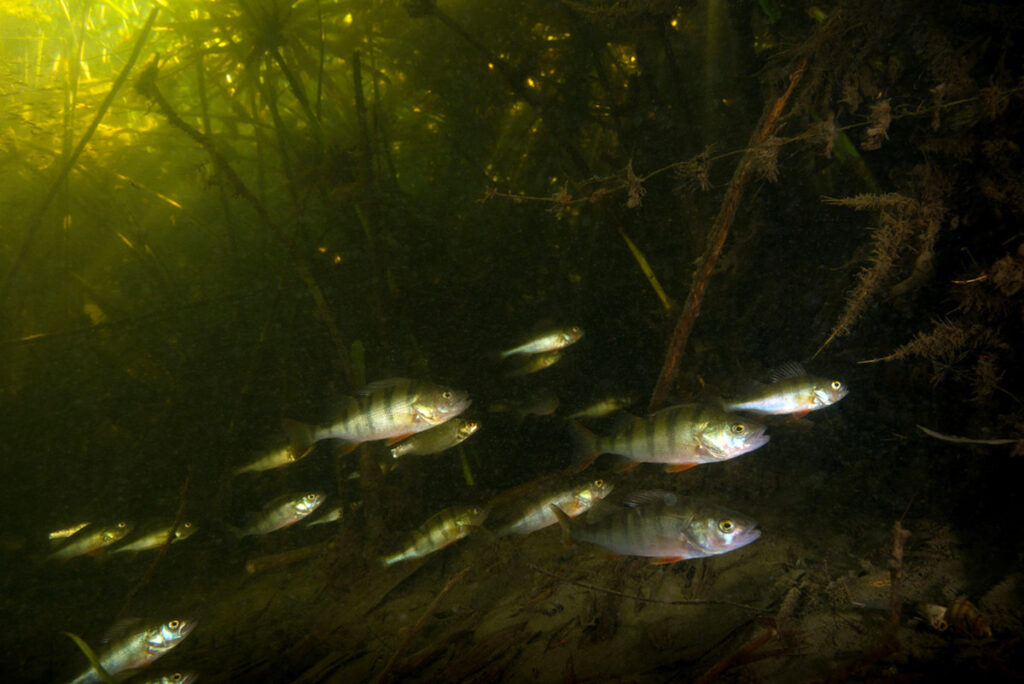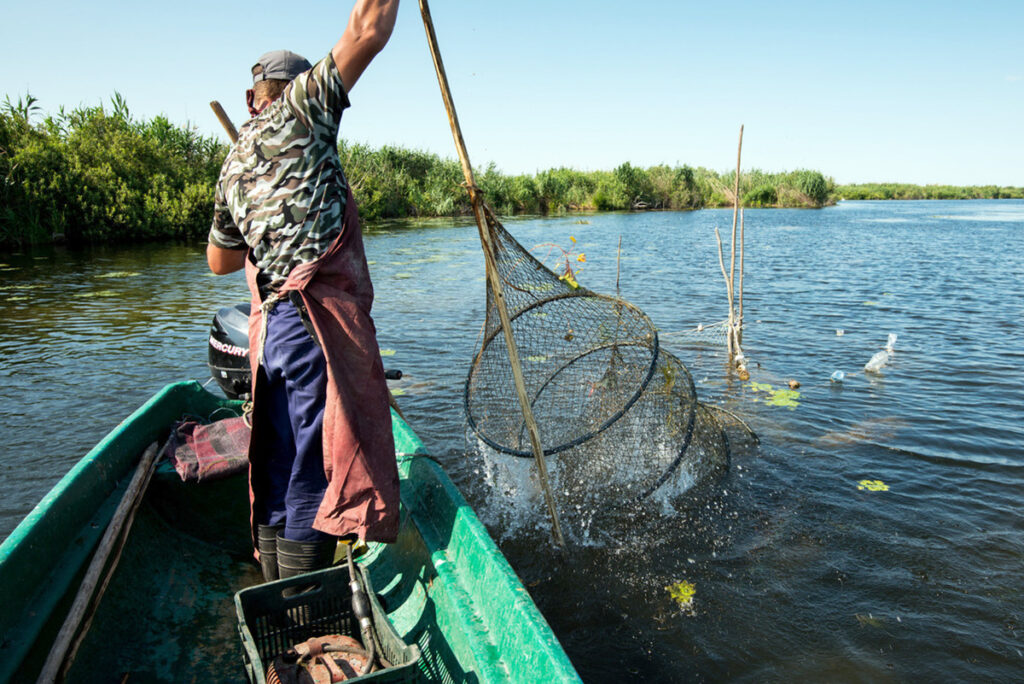Romania’s fish-eating birds, including cormorants and pelicans, are finding themselves at the center of a fascinating dialogue on human-wildlife coexistence. A recent technical report by the Romanian Ornithological Society (SOR) prepared within Pelican Way of LIFE initiative sheds light on the attitudes of fishery operators and managers towards these birds, and offers a glimmer of hope for more harmonious future interactions.

Claudia Câmpeanu, an expert anthropologist working with SOR explains, “Fishery operators and managers that were interviewed mostly have a negative attitude towards fish-eating birds, and in particular cormorants. Pelicans tend to have a less negative image, but oftentimes they are lumped in with cormorants and suffer similar treatment. Fish-eating birds are seen as sentient characters, intelligent, cunning, and destructive.” This perception has led to various non-lethal persecution methods, such as scaring the birds with loud noises or chasing them away with boats.
Interestingly, the report highlights a significant gap in the actual understanding of the impact these birds have on fish populations. Most fishery operators and fishermen have only vague estimates of the number of birds in their area and the extent of the damage they cause. This lack of precise data can be attributed to the complexity and length of the fishery process, as well as a tendency to blame birds for visible impacts while overlooking other factors like poaching, drought, and invasive species.

Despite the negative perceptions, lethal persecution of fish-eating birds remains rare. Instead, efforts are more focused on deterrence, reflecting a broader cultural narrative that portrays these birds in a negative light. However, there is a promising shift towards seeking more balanced solutions. The report notes that fishery operators propose non-lethal methods and compensation systems to recognize their losses. These suggestions indicate a fragmented but evolving understanding of nature, where fishery activities could be seen as a form of agriculture, and birds as part of the ecosystem that needs careful management.
The report also emphasizes the importance of community involvement in finding sustainable solutions. Local communities often feel excluded from using or enjoying the lakes and ponds, which exacerbates conflicts with fishery operators. By encouraging local engagement and shaping a shared stake in the wetlands and their fauna, there is potential to support conservation efforts and reduce persecution of fish-eating birds.

In conclusion, while challenges remain, the findings of the SOR report offer a positive outlook. By fostering a more informed and inclusive approach, there is hope for creating a balanced coexistence between fishery operators and Dalmatian pelican and other fish-eating birds in Romania. The journey towards this harmony is complex, but with continued dialogue and cooperative efforts, a future where both fish populations and bird species thrive together is within reach.
The study of the species is carried out within the framework of the “Pelican Way of LIFE“ initiative (LIFE18/NAT/NL/000716), coordinated by Rewilding Europe and funded by the LIFE Programme of the European Union and Arcadia Foundation.